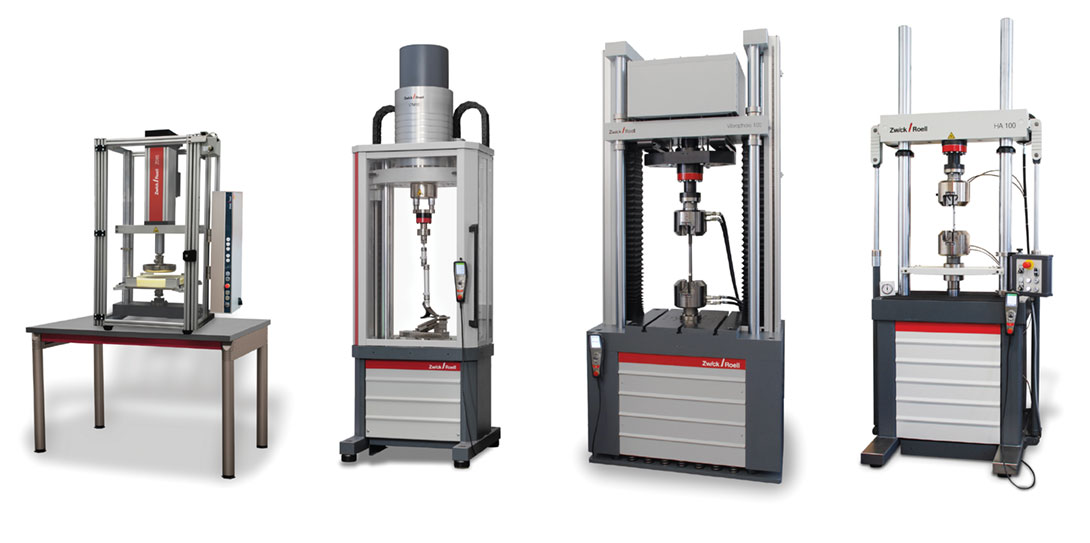
By Alan Thomas, marketing, ZwickRoell Ltd
First and foremost among fasteners are nuts and bolts in all their many variations. Yet screws, rivets, and hooks and eyes, are also used to join components and metal sheets and sections, which must not separate under load. Tensile tests are a fundamental aspect of quality assurance for threaded fasteners and are used to determine both breaking load and strain under axial loading.
Threaded fasteners are selected very carefully with regard to their industrial application and are integrated carefully into the design. Accurate determination, via tensile tests, of the elastic tensile modulus and the limits of elastic loading are essential since these values determine the limit forces required for a secure, reliable threaded connection.
In addition to single axis tensile loading, shear loads also occur in fasteners in service and can quickly cause a joint to part. Shear tests on joined parts or specimens are therefore essential, particularly where riveted joints are involved. Accurate load application is essential to prevent other forces arising in addition to the shear force and thereby distorting results.
As well as static loads, fasteners in general are also subjected to frequent cyclic loading, including vibrations. Dynamic tests on screws and bolts are most quickly and efficiently performed using a servo-hydraulic or vibrophore type machine, incorporating grips designed specifically for holding screws/bolts and other fasteners.
In what are referred to as ‘H’ specimens, individual joints are subjected to common cyclic loading in tension and compression and the fasteners to a shear effect. ‘H’ specimen holders are specifically designed for this test and distribute the forces over the entire structure. The bending and resultant loosening of the structure can be measured with an extensometer. Typically the testing machine needs to provide control of force or strain, depending on how the test should be conducted.


Biog
Having spent a decade in the fastener industry experiencing every facet – from steel mills, fastener manufacturers, wholesalers, distributors, as well as machinery builders and plating + coating companies, Claire has developed an in-depth knowledge of all things fasteners.
Alongside visiting numerous companies, exhibitions and conferences around the world, Claire has also interviewed high profile figures – focusing on key topics impacting the sector and making sure readers stay up to date with the latest developments within the industry.








